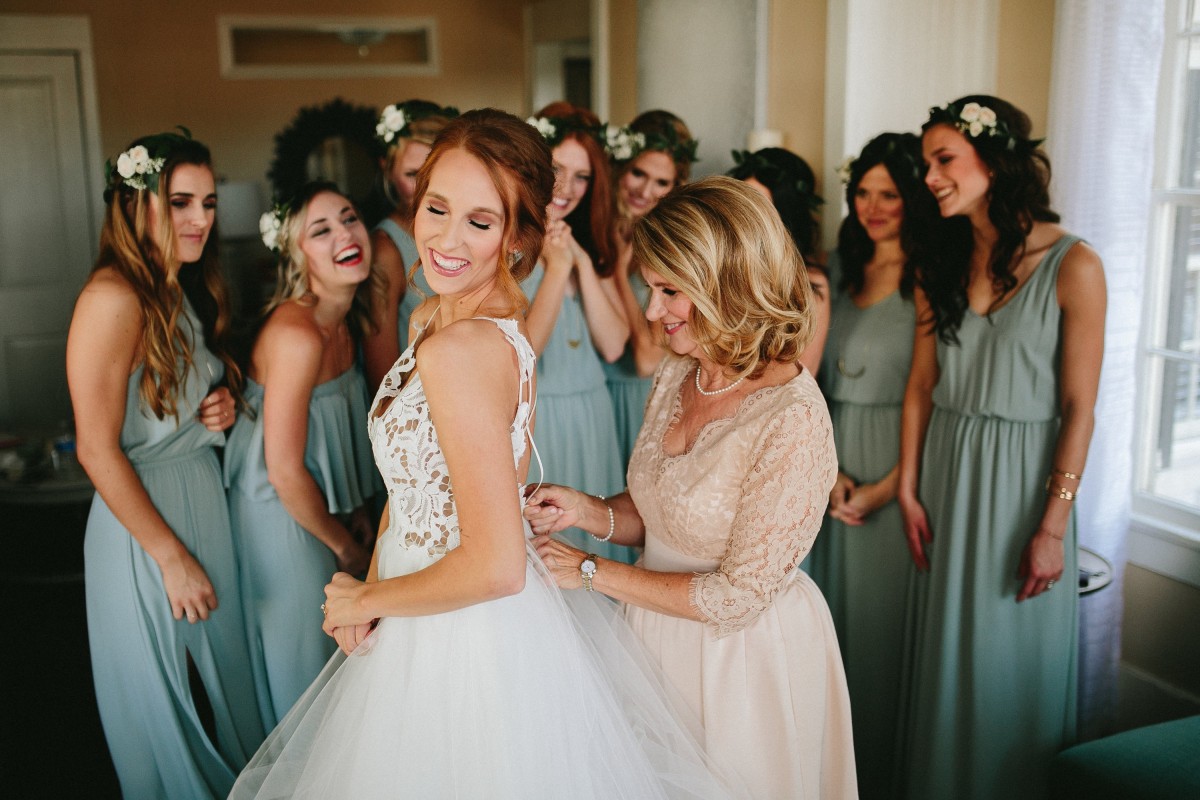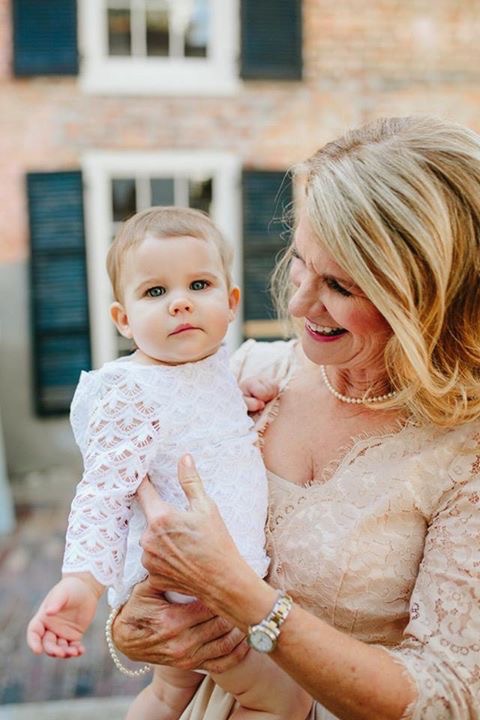I didn’t often worry about relationships with my kids when they were young. Mothering was automatic. They needed me in every part of their lives. However, when they set out on their own, I recognized that adaptations were needed.

I realized something about myself. I wanted them to do things like me and make decisions the way I make them. No doubt what they needed more than copying me, was my respect for them as adults. They’d be able to learn on their own what life decisions are smartest, just like I did.
There were reminders of their expanding independence along the way. They began to drive, take jobs, go to college and get married. Those were the big ones, but letting go really happened moment to moment from the time they were born. It was hard for me to let go in all new ventures, especially after the weddings. If I’m honest, I still find it hard— I worry about my daughter when she drives out of town and returns late at night.
Every birthday seemed to highlight how much closer they were to complete independence. At the same time, unfortunately, I didn’t make a much needed shift. (I only realized this recently.) In many ways I still feel like the mama of a toddler. I love them just as I did when they were babies.
For years I’ve watched relationships among my friends of various ages. I’ve watched parents and their adult children try to figure out how their “new” relationship works. Here are some observations:
Occasionally parents give unsolicited advice which feels like a command to their grown kids. Their children find it difficult to receive the advice if their parents treat them like a child.
Parents may lack boundaries necessary to show respect to their adult children. They clean, cook or rearrange a child’s home as if it were their own. Adult children might welcome the help if their parents asked rather than being presumptuous.
Adult children might want to confide in their parents; but are afraid to do so if parents have broken their confidentiality by sharing private information.
We moms and dads should stick to grandkids’ nap or potty schedules and serve approved food. Our adult kids appreciate our help, but need to know that we respect them and will do our best to follow their routines.
We’ve learned a lot in all our years, and often have valid wisdom for our kids. We also need to give them freedom, and remember that they’ll learn on their own as we did, even from mistakes.
Parents wonder why their help and wisdom aren’t always appreciated. Adult kids love their parents and appreciate their desire to help, but they primarily want to feel respected. It’s sometimes difficult for parents to fully accept their child’s maturity.
What are some ways we can work together to improve our relationships?
- Have an open conversation; be honest about our feelings. Honor and respect each other’s point of view. Ask forgiveness if necessary.
- Figure out how we parents can support our adult child’s family, while respecting boundaries.
- Remind adult children that their parents’ intentions are for their good; motivated by love. We also realize the child is ultimately responsible to make decisions he thinks best. God may direct our children in a different way, and we don’t want to interfere.
- We should divert our fear into prayers for our children.
- We will be rewarded when we take time to get to know younger folks in our communities. Our desire to nurture and guide young adults will bless us and them. There are many who would love to be mentored by older adults
How to walk in wisdom:
Honor marriage. Marriage requires that we leave our family and cleave to our spouse, as we read in Genesis 2:24. Our married kids leave the security and authority of their family of origin and stick like crazy glue to their spouses. They’re no longer two entities, but one.
My husband is my family and our independent children are our extended family. We love our relationships with them, but it’s different than when they were young. If I prefer our kids over Tom with my time or focus, I not only demean my relationship with my husband, but also with our children.
Nothing is more important than relationships. Tom and I immensely enjoy our adult children—they’re our best friends. I’ll always work to grow and deepen our connection with them; I know our relationships will change over time. Because of my love and concern for them, I may default to fear and try to protect or control them. I’m not always able to change the way I feel, but I am able to control my actions and my tongue. I can trust God and express my love in ways that don’t feel weird to them. I don’t want to run them off with my “maturity and wisdom”.
My choice to be quiet is often wiser than my desire to be right.
